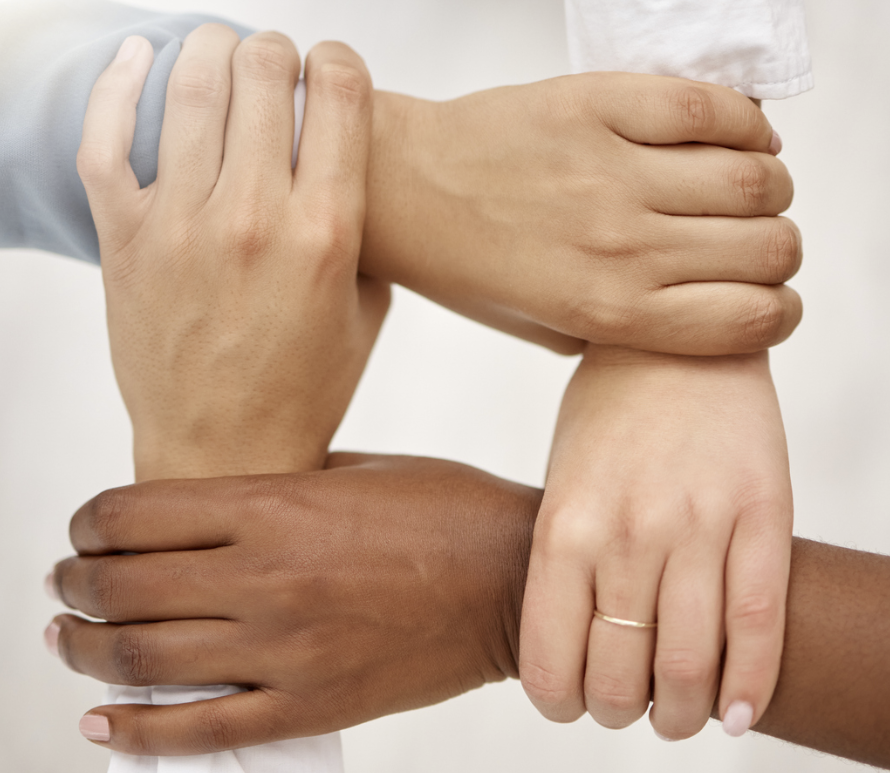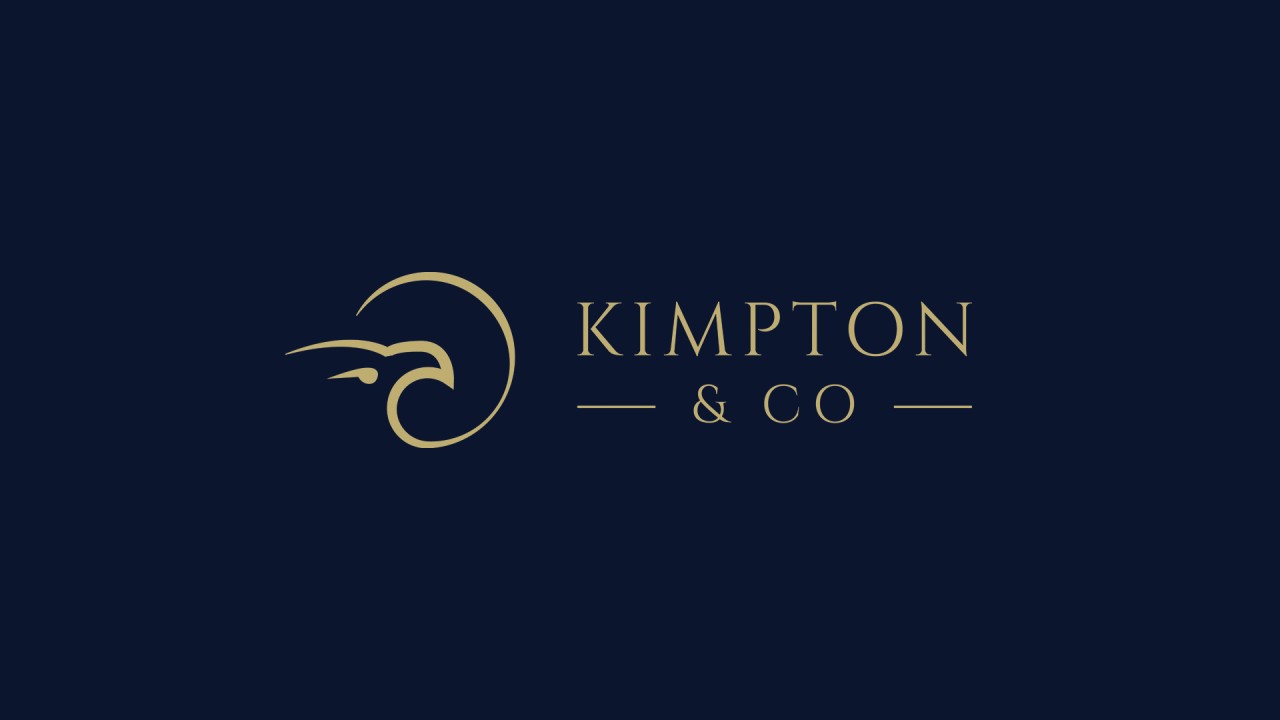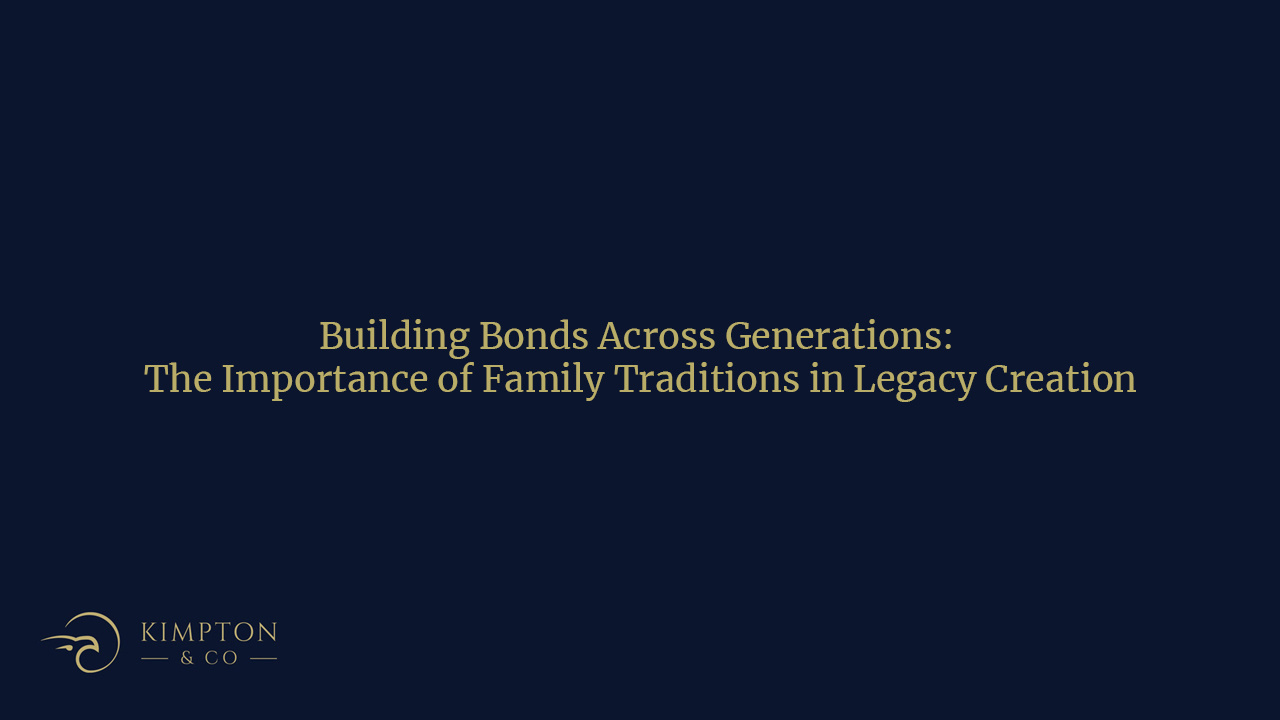The Power of Community: Why Belonging Is Essential to Your Best Self
In our hyper-connected yet increasingly isolated world, the quest for self-actualization often focuses on individual achievement and personal growth. Yet research consistently shows that true fulfillment requires something we're increasingly missing: genuine community connection.
As leadership coach and self-described "organizational anthropologist" Beth Gervase puts it, "We thrive as humans not in isolation but in relationships and connection." This fundamental truth is backed by science and lived experience, yet many of us struggle to prioritize community in our busy lives.
The Science of Belonging
Community isn't just a nice-to-have—it's a biological necessity. According to research from Harvard's Study of Adult Development, close relationships—not wealth or fame—are the biggest determinant of happiness and longevity. This landmark research, which has tracked participants for over 80 years, found that strong social connections protect people from life's discontents, help delay mental and physical decline, and are better predictors of long and happy lives than social class, IQ, or even genes.
Dr. Laurie Santos, Yale professor and host of "The Happiness Lab" podcast, has demonstrated through her research that social connection is one of the strongest predictors of happiness and well-being. Her wildly popular course "The Science of Well-Being" emphasizes that meaningful social bonds lead to:
- Lower levels of stress, anxiety, and depression
- Improved ability to process emotions
- Greater resilience when facing challenges
- Enhanced optimism and outlook on life
These findings also supported by the groundbreaking Blue Zones research by Dan Buettner which revealed that in the world's longest-living communities, strong social connection isn't optional—it's essential. The centenarians of Okinawa, who maintain "moais" provide a great example—dedicated circles of lifelong friends who meet regularly to support each other through life's journey. These "Right Tribes" aren't just nice to have; they're literally adding years to lives across the globe's longevity hotspots.
All these findings align perfectly with Abraham Maslow's hierarchy of needs, where love and belonging sit just above basic physiological and safety needs. Even when our physical needs are met, without belonging, we struggle to thrive.
What Real Community Looks Like
True community goes far beyond mere proximity or casual interaction. As Gervase explains, "It's more than just a group of people at the same place. It's where we can build trust, belonging, and mutual support."
Authentic communities share several essential characteristics:
- Trust and psychological safety: People feel secure expressing themselves without fear of judgment
- Shared purpose: Members believe in something bigger than themselves
- Reciprocity: There's a genuine give-and-take between members
- Consistency: Regular connection builds familiarity and deeper bonds
- Growth opportunities: Members can both contribute skills and develop new ones
- Adaptability: The strongest communities balance tradition with evolution
Connection in a Digital Age
While technology has enhanced our ability to connect across the globe, many of these connections lack depth. "Sure, we have heaps of connections on Facebook or Instagram," Gervase notes, "but the goal today is to get as many followers as possible. That's very one-sided. Connection is all about give and take."
What many of us are missing are "third spaces"—locations beyond home and work where people gather around shared interests. These physical gathering places have seen a significant decline in recent decades, replaced by digital alternatives that often fail to provide the same quality of connection.
The Ripple Effect of Micro-Interactions
One of the most powerful insights from community research is how profoundly small actions affect those around us. Gervase calls these "micro-interactions"—those brief moments of connection that create ripples of positive influence.
Consider the security guard who saved a worker's life after he was accidentally locked in a freezer. When asked how he knew to look for the man, the guard explained, "He's the only one who says good morning when he arrives and wishes me a good evening when he leaves. I didn't see him leave, so I went to look for him."
These small gestures—a genuine greeting, a word of encouragement, a moment of full attention—don't just make others feel good. They strengthen our own sense of connection and purpose. Research from the University of California found that acts of kindness trigger the release of oxytocin, reducing blood pressure and inflammation while increasing self-esteem and optimism.
Finding Your Community When You Feel Disconnected
If you feel isolated—whether within your family, workplace, or neighbourhood—take heart in knowing that meaningful connection is possible for everyone. Gervase's own experience is testament to this. Despite growing up in a large family where she felt lonely, she later created fulfilling communities throughout her life.
Hear more about Beth’s journey in the recently recorded episode of the Heritage to Horizon series - click here to tune in.
Here are practical steps to build deeper relationships and find your community:
- Practice active listening: Focus on understanding rather than responding
- Lead with curiosity: Ask questions and seek different perspectives
- Find common ground: Identify shared values and experiences
- Start with simple gestures: Smile, offer help, check in with others
- Be present: Put away devices and give people your full attention
- Say yes to invitations: Be open to new experiences and connections (Gervase did a "year of YES" with great results)
- Contribute your strengths: Offer your unique skills to help others
- Practice gratitude: Acknowledge the positive interactions in your life
Cultivating Empathy in Everyday Life
Empathy—the ability to understand and share the feelings of another—is the foundation of meaningful connection. It creates trust, reduces conflict, and helps us find common ground even in difficult conversations.
To strengthen your empathy muscle:
- Challenge your own biases by asking "What else might be true?"
- Read fiction and diverse narratives to understand different perspectives
- Pause before reacting when frustrated or upset
- Practice "dissent" in a constructive way, as suggested by David Marquet in "Turn the Ship Around". This means building situations & cultures where speaking up is not only safe but encouraged and expected
Making Time for What Matters
The most common objection to community building is lack of time. Between work responsibilities, family obligations, and basic self-care, many feel they simply can't add another commitment.
But as Gervase emphasizes, "You don't need extra time or energy or money to contribute. You just need intention." Connection doesn't require grand gestures or formal commitments. It can be as simple as:
- Giving someone your undivided attention for five minutes
- Supporting a local business and learning the owner's name
- Writing a positive review for a neighbourhood restaurant
- Checking in with a friend you haven't spoken to recently
The Way Forward
The evidence is clear: we cannot reach our full potential in isolation. As global challenges grow more complex and mental health concerns rise, our need for authentic community has never been more urgent.
"We shouldn't wait for a disaster to happen," Gervase warns. "It always takes the floods, the fires... It shouldn't take a tragedy to get to know your neighbours."
Today, take one small step toward meaningful connection. Reach out to someone. Engage fully in a conversation. Offer kindness without expectation. As Gervase reminds us, "Even the smallest act of connection has the power to shape a more resilient and thriving world."
Your best self isn't waiting at the end of a solitary journey—it's emerging through the relationships you build along the way.




-2.png)

Leave a Reply